

The Helping Harmony of Music and Parkinson’s
One of the most rewarding aspects of my journey with Parkinson’s has been discovering the transformative power of music and reconnecting with my creative side.

Canadian Parkinson's Advocate Larry Gifford honored with King Charles III Coronation Medal
Larry Gifford, 52, a prominent Parkinson's advocate, broadcaster and podcaster based in Vancouver, B.C., has been awarded the King Charles III Coronation Medal.

A Parkinson’s Christmas Story
The community gathered, united and strong,
Sharing their stories, where all could belong.
Caregivers offered support and their love,
A reminder that strength doesn't just come from above.

17 Essential Care Partner Resources
These resources, drawn from top Parkinson's organizations and expert foundations, offer essential insights, guidance, and practical support to help care partners at every stage of their journey. From tips for early-stage caregiving to advice on how to support loved ones through advanced challenges, these tools provide strategies to empower care partners, build resilience, and foster meaningful connections.

50 Simple Ways to Express Gratitude To Your Care Partner
Here’s an enhanced set of 50 simple gratitude ideas for November, offering people with Parkinson’s easy ways to express appreciation for their care partners:

Join the Fight Against Breast Cancer and Parkinson’s Disease
Guest Blog by Sharon Krischer
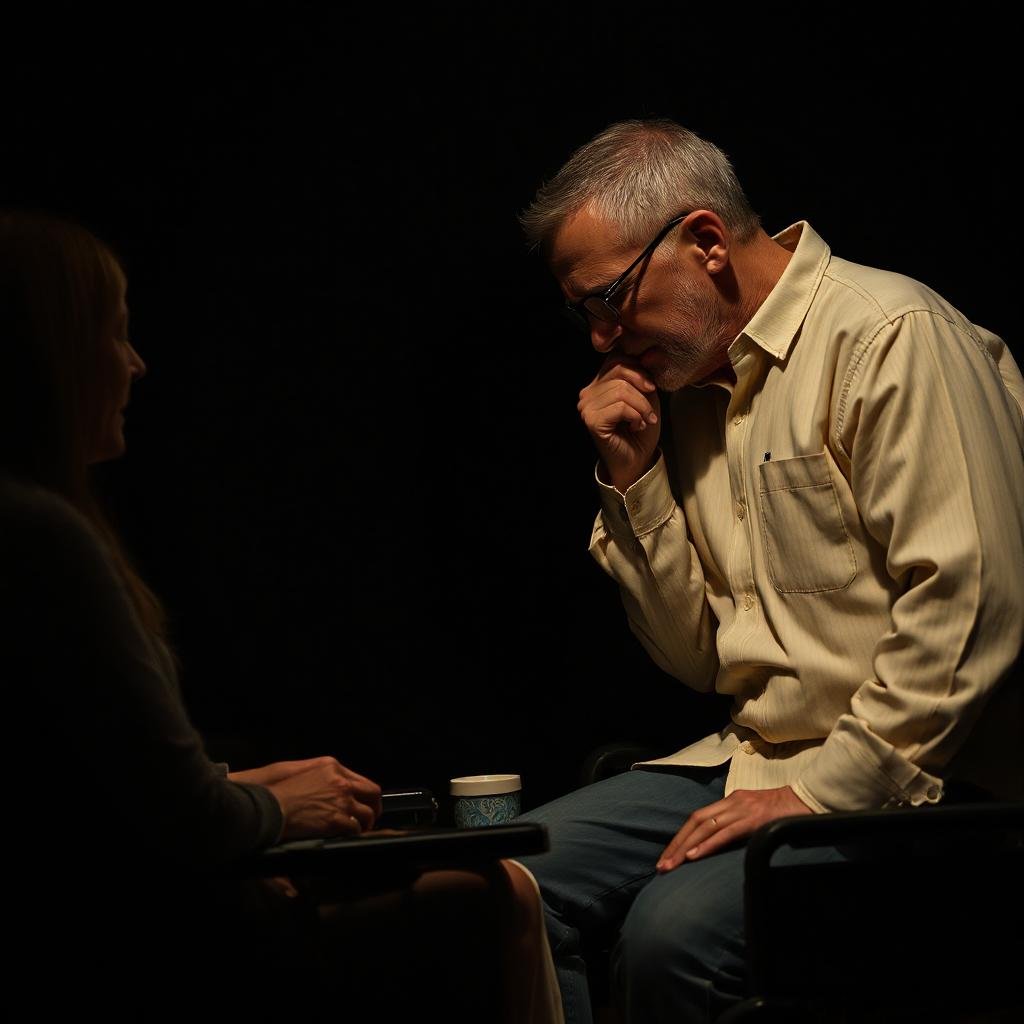
What to Say to Someone with Parkinson’s and What Not to Say
When initiating conversations with someone who has Parkinson's, it's important to choose topics that are considerate and engaging. Show genuine interest and create an open space for them to share as much or as little as they're comfortable with.

I’m Still Standing:
For the past 17 years, Parkinson's disease has tested me with countless challenges. It's shaken my body, mind, and spirit in ways I never imagined. But instead of battling PD as an enemy, I've chosen to embrace it as part of my journey. I’ve learned to adapt, finding new ways to live a fulfilling and meaningful life, rather than letting the condition define me.

Navigating Travel with Hidden Disabilities: Essential Tips for the Parkinson's Community
Navigating travel with Parkinson's disease can be challenging, but initiatives like the Hidden Disabilities Sunflower Program, which uses lanyards or stickers to discreetly signal the need for assistance, help ease the process. Essential tips for travelers include pre-arranging assistance with airlines, packing essential items in carry-on luggage, using mobility aids, and allowing extra time for each stage of the journey. The Sunflower Program, widely adopted in airports and other sectors, has received positive feedback for improving the travel experience for those with hidden disabilities, promoting inclusivity and awareness.

Celebrating Michael J. Fox: Strength and Guidance He Provided on My Parkinson’s Journey
GUEST BLOG: Michael has been a part of my Parkinson’s journey since the beginning. He inspired me to stop grieving and start embracing a good life with Parkinson’s. Checking in with Michael’s activities, like his surprise appearance at the 2024 EE BAFTA Film Awards, motivates me. His foundation’s work in research funding is incredible. I’m confident a cure will be found, and I hope it happens in my lifetime. But even if it doesn’t, we must continue fighting.
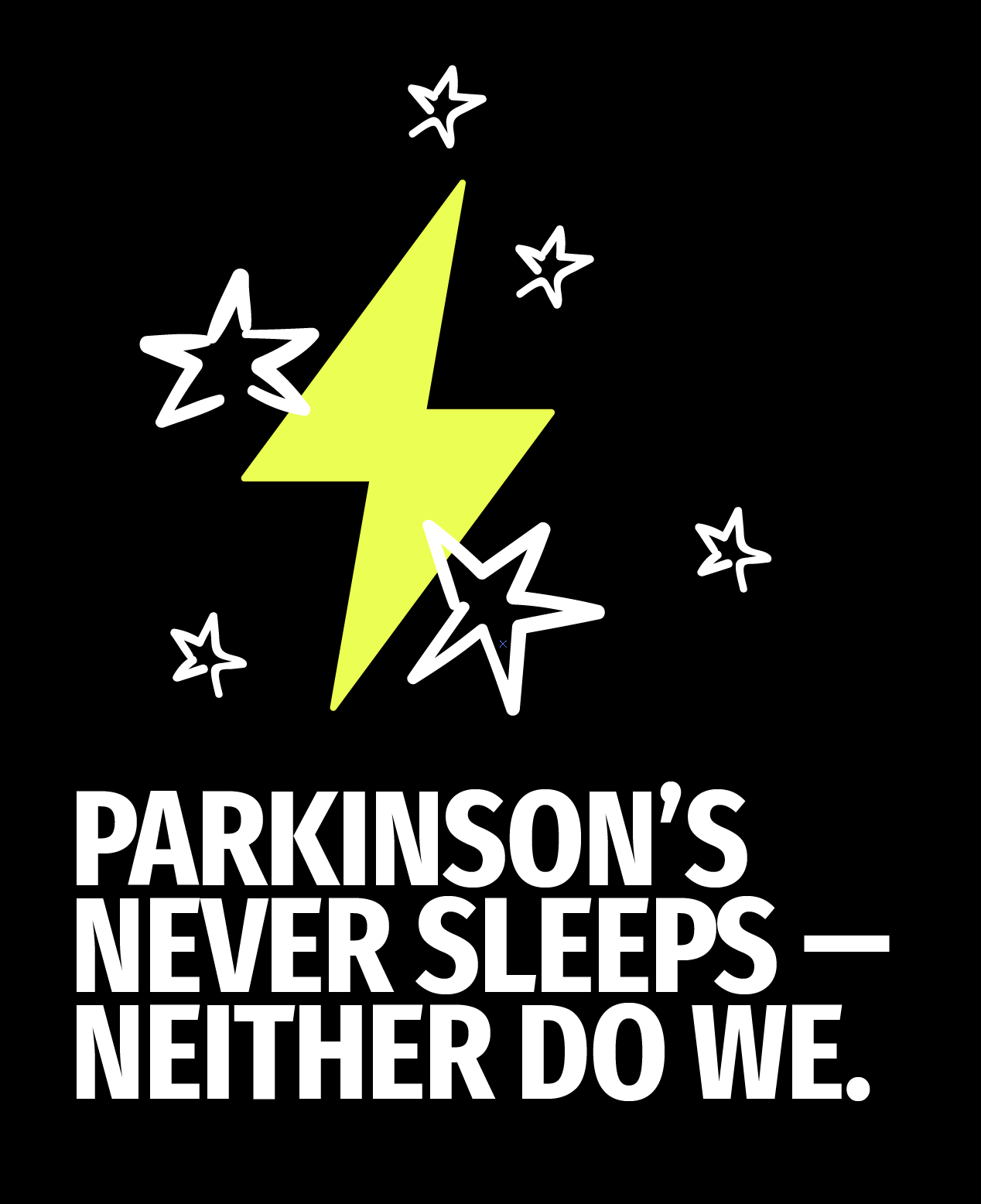

The Art of Being Patiently Persistent: Navigating Healthcare and the Journey to Wellness
The Art of Being Patiently Persistent: Navigating Healthcare and the Journey to Wellness
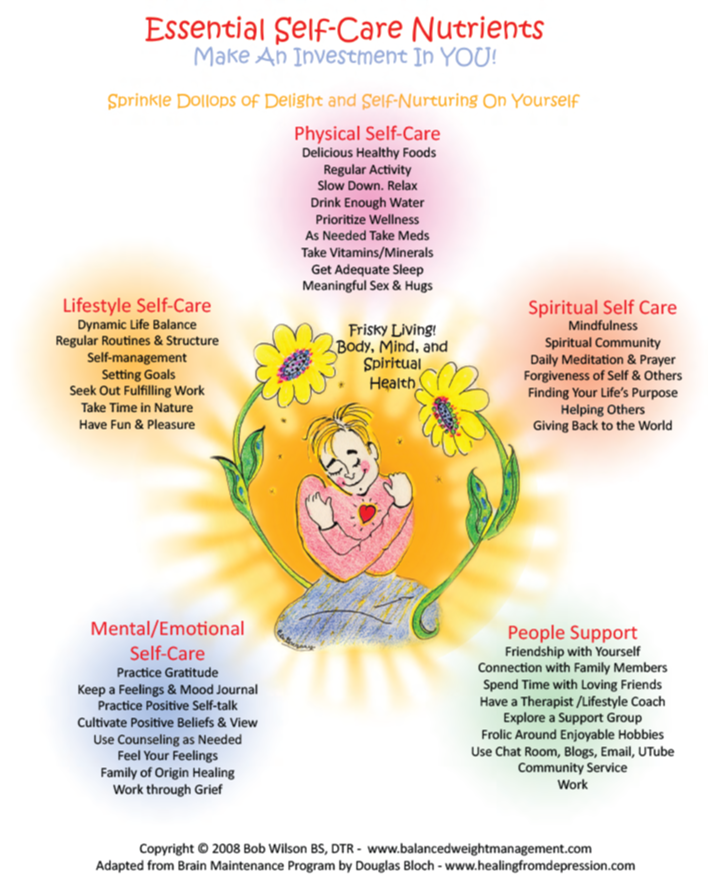

Be Your Own Healthcare Quarterback
Be Your Own Healthcare Quarterback
Guest Blog by Frank Antonicelli
In football, the quarterback is a pivotal player, responsible for guiding the team to success by making strategic decisions on the field. Similarly, in the game of life, you are the quarterback of your own healthcare team. Taking a proactive role in the management of your health is crucial for a winning strategy.

Paraquat Gets EPA Thumbs Up: Advocates Get The Agency’s Middle Finger
Paraquat Gets EPA Thumbs Up: Advocates Get The Agency’s Middle Finger
The recent EPA endorsement of paraquat, despite mounting evidence linking it to Parkinson's disease (PD), is a profound betrayal of public trust. This decision, seemingly driven by corporate interests, disregards the health and well-being of communities across the nation, fueling an intensified wave of outrage and disappointment.
The EPA's report, touting the benefits of paraquat for crop production, is a stark slap in the face to those who tirelessly advocate for environmental safety.

THE WORLD’S SMALLEST RECHARGEABLE DBS IPG WITH REMOTE PROGRAMMING CAPABILITIES
It’s the World’s Smallest Rechargeable DBS IPG with Remote Programming Capabilities
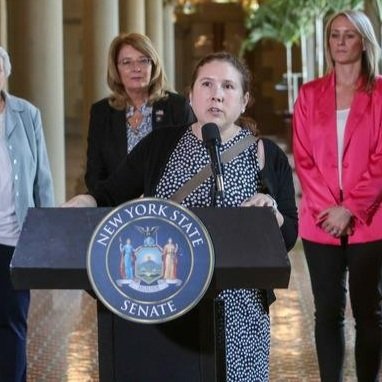
Spark of Change: Igniting Parkinson's Advocacy
Kristi LaMonica PhD seizes advocacy opportunities with U.S. Congresspersons and State lawmakers in New York’s capital city. She is urging support for the National Plan to End Parkinson’s Act and the statewide push for a Parkinson’s registry. Read her first hand account here.
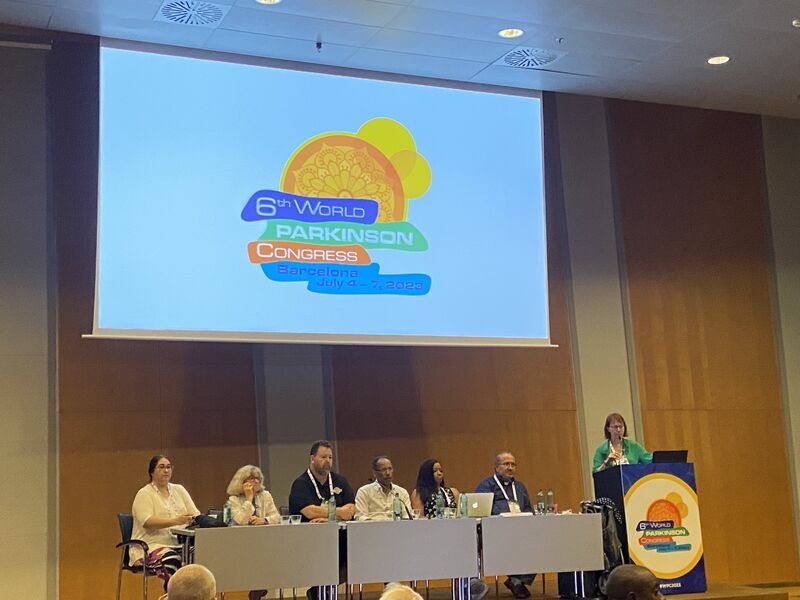
Global Bonds and Personal Growth: Reflections on the World Parkinson Congress 2023
Stepping into the dynamic world of Parkinson's advocacy, the World Parkinson Congress holds a unique place as a hub of global camaraderie and personal evolution. Tim Hague Sr., the driving force behind PD Avengers, shares his take on the game-changing WPC 2023 in Barcelona. From engaging panel discussions featuring Maria de Leon, Sharon Krischer, Omotola Thomas, Sara Riggare and others, Tim's account captures the heart of the event. It's all about those powerful connections fostered, united by a shared purpose. Tim's words underscore the vital role of these bonds in propelling Parkinson's awareness and research forward, worldwide.
